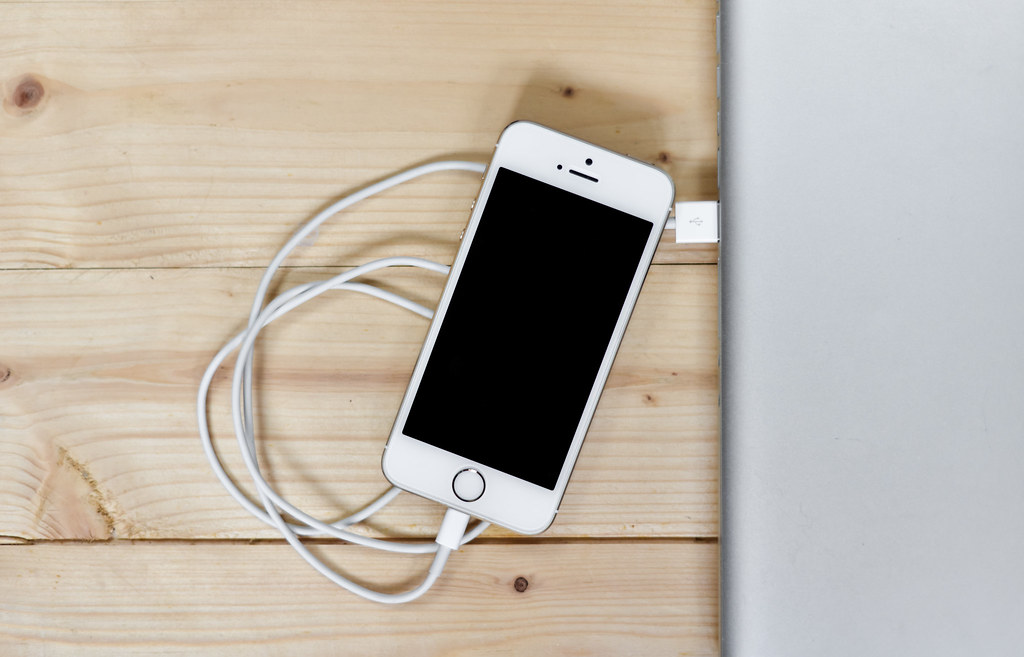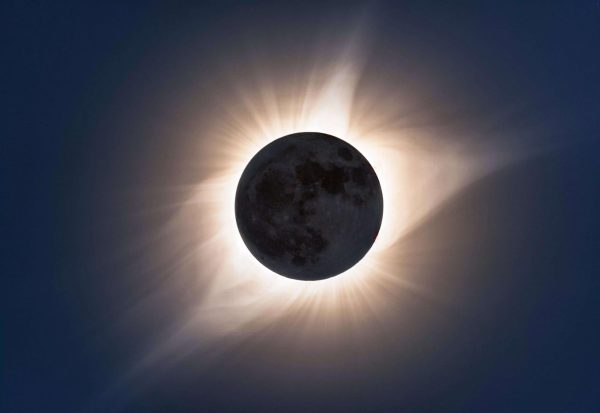The Senate Passed the Sunshine Protection Act
April 22, 2022
In March of this year, the Senate unanimously passed H.R. 69, also known as the Sunshine Protection Act. Beginning in November of 2023, this bill would allow Daylight Saving Time (DST) to be permanent in the United States. Marco Rubio, senator of Florida, introduced this bill and modeled it after a 2018 Florida bill.
Daylight Saving Time is the practice of setting clocks forward one hour in the spring and back to standard time in the fall in order to make better use of daylight. It begins on the second Sunday of March and ends on the first Sunday of November every year. But not everyone enjoys the time change. Rick Scott, republican senator of Florida, said, “changing the clock twice a year is outdated and unnecessary”. Americans aren’t very enthusiastic about it, as it takes time to adjust to the shift. A poll conducted by Monmouth University found that only 35% of Americans were indifferent to the time change, leaving 65% with opinions. It’s clear that Americans want an end to the back and forth, but the argument here is if we should stay in Standard Time or DST.
When DST was first introduced, its purpose was to save energy. The increase of daylight would reduce energy consumption right? Maybe back then, but now Americans have so many devices that the amount of energy saved is negligible. DST also has an effect on people’s health. According to Dr. Zee of Northwestern Medical Group, “your body is exposed to less morning light and more evening light, which can throw off your circadian rhythm”. This can affect sleep homeostasis and throw off some bodily functions.
On the other hand, Standard Time can affect people’s mental health. It is estimated that 5% of Americans are affected by Seasonal Affective Disorder. According to Boston University “It’s thought to be related to the fact that during the winter months we have shorter days”. Senator Patty Murray of Washington said, “I’ve said it before and I’ll say it again: Americans want more sunshine and less depression—people in this country, all the way from Seattle to Miami, want the Sunshine Protection Act”. What Senator Murray said is true, and the senate’s unanimous decision manifested that.
Americans are still awaiting a decision from congress and later the POTUS. It seems like most want to be done with it and just agree on something. Senator of Rhode Island, Sheldon Whitehouse, said, “this would give us a chance for Americans all across the country to be rid of fall back and make Daylight Saving Time permanent and to add a little sunlight into most people’s lives”. If passed, we’ll only have to switch our clocks twice more.
References
Becket, S. (2022, March 16). Senate passes bill to make daylight saving time permanent in 2023. CBS News. Retrieved April 21, 2022, from https://www.cbsnews.com/news/daylight-saving-time-permanent-senate-vote-2023-sunshine-protection-act/
Flick, G. R. (2019, October 31). Seasonal affective disorder impacts 10 million Americans. are you one of them? Boston University. Retrieved April 21, 2022, from https://www.bu.edu/articles/2019/seasonal-affective-disorder/
Monmouth University. (2022, March 16). Few Americans like resetting clocks. Monmouth University Polling Institute. Retrieved April 21, 2022, from https://www.monmouth.edu/polling-institute/reports/monmouthpoll_us_031522/
NBCUniversal News Group. (2022, March 15). Senate votes to make Daylight Saving Time Permanent. NBCNews.com. Retrieved April 21, 2022, from https://www.nbcnews.com/politics/congress/senate-passes-bill-making-daylight-saving-time-permanent-rcna20158
Northwestern Medicine. (2021, February). Daylight saving time and your health. Northwestern Medicine. Retrieved April 21, 2022, from https://www.nm.org/healthbeat/healthy-tips/daylight-savings-time-your-health#:~:text=%22With%20DST%2C%20between%20March%20and,and%20awake%20in%20the%20evening.
Zaslav, A. (2022, March 16). Senate passes bill that would make Daylight Saving Time Permanent. CNN. Retrieved April 21, 2022, from https://www.cnn.com/2022/03/15/politics/senate-daylight-saving-time-permanent/index.html
















